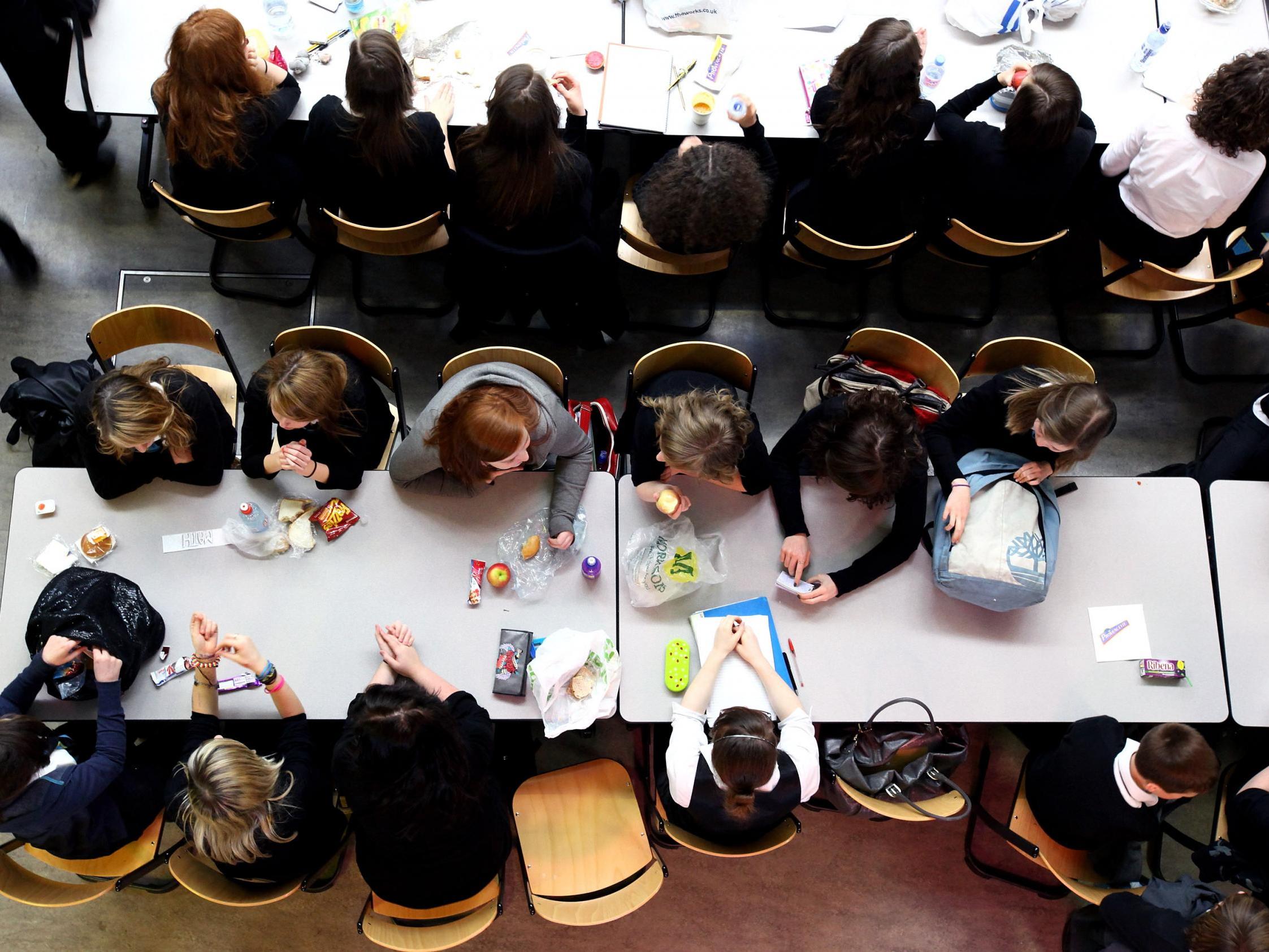Summer holidays are the worst time of year for Britain’s poorest children – as a GP, I’m incredibly worried
At a time when Britain is consumed by the Tory leadership race and Brexit, we must not lose sight of the most deprived

Your support helps us to tell the story
From reproductive rights to climate change to Big Tech, The Independent is on the ground when the story is developing. Whether it's investigating the financials of Elon Musk's pro-Trump PAC or producing our latest documentary, 'The A Word', which shines a light on the American women fighting for reproductive rights, we know how important it is to parse out the facts from the messaging.
At such a critical moment in US history, we need reporters on the ground. Your donation allows us to keep sending journalists to speak to both sides of the story.
The Independent is trusted by Americans across the entire political spectrum. And unlike many other quality news outlets, we choose not to lock Americans out of our reporting and analysis with paywalls. We believe quality journalism should be available to everyone, paid for by those who can afford it.
Your support makes all the difference.Next week heralds the start of the enviably long summer holiday for millions of children across the UK. For many, this marks the start of six weeks of fun, cultural enrichment and family holidays, but for around 3 million children, the summer holidays are a period of stress, food insecurity, hunger and malnourishment.
Many school-age children don’t just rely on school for education or social interaction, but more so – and essentially – for a square meal. Many of my GP colleagues in deprived areas of the country are going to spend their summer seeing up close why we need more youth clubs and summer camps in Britain's poorest communities. But as Brexit continues to dominate the political agenda, disadvantaged kids are caught in this government policy blind spot, with no sign of things changing.
The uncertainty around the UK’s membership of the European Union sees us facing the highest risk of a recession since the financial crisis of 2008. If realised, this will likely exacerbate poverty and increase reliance on food banks. Many families are reliant on food banks all year round, more so during the summer when school support isn’t there.
This is something organisations such as Who is Hussain, the charity of which I am a trustee, seek to address through the provision of essential food and a listening ear to families struggling to make ends meet. I’m not just talking about the long-term unemployed – this includes many children from working families.
For children in Britain, school isn’t just a place to learn or play, it’s a place where they’re guaranteed two meals a day, at least one of them hot. Within the structured school day, students can be sure to receive at least two things: pastoral support and something to eat.
It’s not something we may realise at first glance, but schools provide an essential lifeline for many – and we are not talking small numbers. An estimated 3 million children in Britain are at risk of “holiday hunger”. If this is shocking (and it should be), think about the added burden on household finances: a family with three school-age children regularly getting two meals at school – one at the breakfast club, another at lunchtime – suddenly has to provide an additional 30 meals per week. Over a six week summer holiday, that’s 180 meals.
The average parent will spend £1,260 on a teenage child over the holidays – so those three kids could cost nearly £4,000. How many families have that much extra cash lying around? Added to that, many low-skilled workers or those on zero hour contracts have their hours reduced over the summer as things slow down, meaning their income is lowest at precisely the time when their outgoings are highest.
You may not have seen millions of children wandering the streets visibly and obviously undernourished – that’s because of hidden hunger. Children from low-income families on unhealthy diets that provide almost no nutrition, can be both obese and malnourished. The proliferation of low-cost unhealthy fast food outlets in Britain’s poorest areas means that a child may look well fed – or even overfed – while their body is still starved of the nutrients it needs.
Holiday clubs can provide the support – and meals – when schools are closed, but three out of four local authorities do not have enough childcare or clubs. And it has been left to civil society to fill the gaps left by the lack of state provision. Charities like the National Citizen Service are trying to fill the funding gaps – but these are large gaps to fill. Until the government, charities and local communities come together to face the problem, those gaps will become ever larger.
Ending the cycle of poverty requires economic justice, where every child, irrespective of their start in life, is guaranteed the fundamental human right of adequate food and nutrition.
At a time when Britain is consumed by all things Brexit and the Tory leadership race, we must not lose sight of those most deprived, most vulnerable, whose greatest concern is not withdrawal agreements or backstops, but simply where their children’s next meal will come from.
Dr Mohammedabbas Khaki is a senior associate at the General Medical Council and a trustee of Who is Hussain, a UK-based charity active in 92 cities across six continents
Join our commenting forum
Join thought-provoking conversations, follow other Independent readers and see their replies
Comments